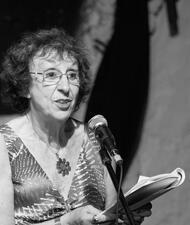Education
Dulcea of Worms
Dulcea of Worms was the wife of Rabbi Eleazar ben Judah of Worms, a major rabbinic figure. They were part of the elite leadership class of medieval Germany Jewry. Eleazar’s account of Dulcea’s murder in 1196 is an important source for the activities of medieval Jewish women.
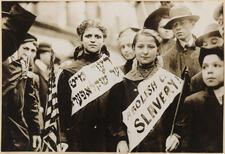
Eastern European Immigrants in the United States
Forty-four percent of the approximately two million Jewish immigrants who arrived in the United States between 1886 and 1914 were women. Although these women were more politically active and autonomous than other immigrant women, dire economic circumstances constricted their lives. The hopes these immigrant women harbored for themselves were often transferred to the younger generation.
Lily Edelman
Lily Edelman, a dynamic and much-sought-after lecturer, committed her life to learning, to teaching, and to understanding multicultural society. She published books for adults and children and was able to unite her interests in adult education and writing with her work at B’nai B’rith.
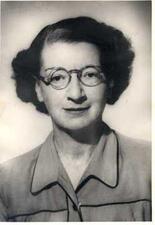
Tilly Edinger
Tilly Edinger made her mark as one of the leading vertebrate paleontologists of the twentieth century. Her pioneering work in paleoneurology, the study of fossil brains, established her international reputation as the outstanding woman in her field. She performed research in Germany before World War II and continued researching and teaching in the United States until her untimely death in 1967.
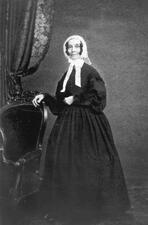
Education of Jewish Girls in the United States
American Jewish girls have had access to a broad range of educational opportunities. Pioneering innovations such as the Hebrew Sunday school opened doors to religious education, while in public schools, training schools, and the hallways of higher education, American Jewish girls pursued secular studies as well. Today, the landscape for American Jewish education has expanded beyond the classroom to include a range of experiential educational opportunities.
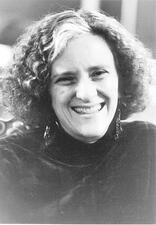
Amy Eilberg
Rabbi Amy Eilberg, ordained by the Jewish Theological Seminary in 1985, is notable as the first woman ordained as a rabbi by the Conservative movement. Her multifaceted career as a chaplain, spiritual director, kindness coach, and peace and justice educator has focused on serving as a resource to help others achieve personal, interpersonal and spiritual growth.
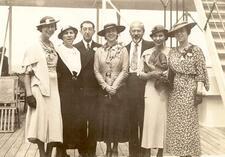
Judith Kaplan Eisenstein
The first American girl to publicly celebrate a bat mitzvah, Judith Kaplan Eisenstein went on to become a Jewish educator, composer, and musicologist. Her accomplishments included studying at the school that would later become Julliard, teaching at the Jewish Theological Seminary Teacher’s Institute, and writing a songbook for children.

Judith Laikin Elkin
The historian Judith Laikin Elkin Is best known as the founder of the Latin American Jewish Studies Association (LAJSA). She was the author of the foundational text The Jews of Latin America as well as research guides and two memoirs.
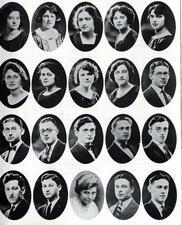
Elsie Chomsky
Elsie Chomsky, one of the many young Jewish educators influenced by reformer Samson Benderly, taught Modern Hebrew and organized arts activities for many years at Gratz College in Philadelphia. She trained and supervised student teachers who taught in local Reform and Conservative Hebrew schools.
Shulamith Reich Elster
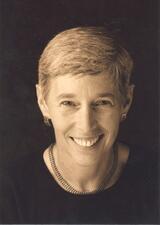
Sue Levi Elwell

Emunah
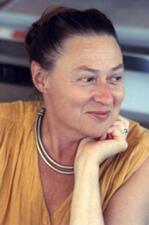
Rachel Ertel
Born in 1939, Rachel Ertel is a translator and an essayist. She remains one of the most prolific translators from Yiddish to French and dedicated her life to the survival of Yiddish culture in France and America.

Ethiopian Jewish Women
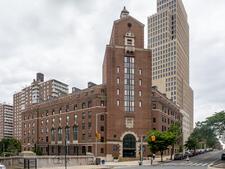
Sylvia Ettenberg

Eve: Bible
The first woman, according to the biblical creation story in Genesis 2–3, Eve is perhaps the best-known female figure in the Hebrew Bible, although she never appears after the opening chapters of Genesis. Most of the negative traits associated with her, including sin, seduction, and subservience, are part of Jewish and Christian post-biblical interpretations and are not present in the Bible itself. A close look at the Eve narrative in its ancient Israelite context shows Eve to be a partner with Adam as they begin their agrarian life outside of Eden.

Mary Jacqueline Fabian
Mary Jacqueline Fabian was a talented soprano who toured throughout the United States in Europe in the twentieth century. Fabian’s primary legacy to the arts lies not in her performances, her versatility on stage, or her popularity behind the microphone, but rather in her organizational skills and her unswerving conviction that opera and music education are not just for the elite.
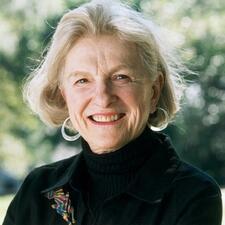
Claire Fagin
Claire Fagin was a distinguished nursing educator, scholar, and dean, as well as the first woman interim president of the University of Pennsylvania and the first female to achieve this position in any Ivy League university. Her groundbreaking studies on parents and children changed hospital practices around the country.
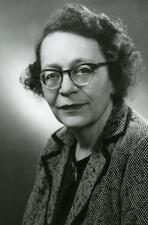
Minna Regina Falk
Minna Regina Falk was a historian, writer, and professor who is remembered for her work on German history. She became the first female full professor in New York University’s history department in 1963.
Ruth Lewis Farkas
Ruth Lewis Farkas’ remarkable and varied career ranged from creating a retail chain that survived the Great Depression, to teaching sociology, to running international education initiatives. Her impressive and full life spanned many occupations: educator, sociologist, businesswoman, philanthropist, inventor, wife, and mother.
Sara Rivka Feder-Keyfitz
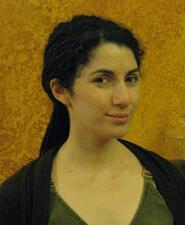
Nina Fefferman
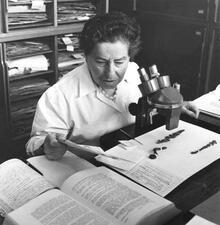
Naomi Feinbrun-Dothan
Naomi Feinbrun-Dothan helped pioneer the scientific analysis of native Israeli flora and establish the study of botany and genetics at the Hebrew University of Jerusalem.
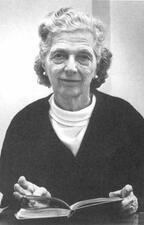
Jessica Feingold
Jessica Feingold devoted more than forty-five years of her life to carrying out the goals of the Jewish Theological Seminary. She edited fifty books that originated at the institution, while also serving in many different administrative positions.
